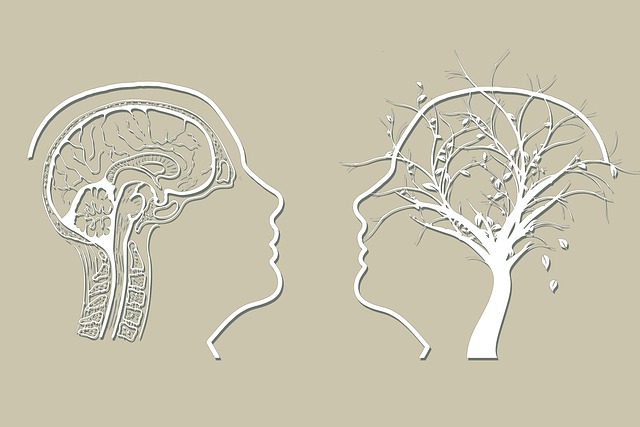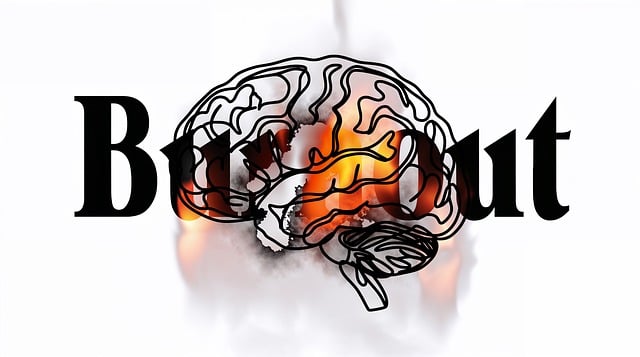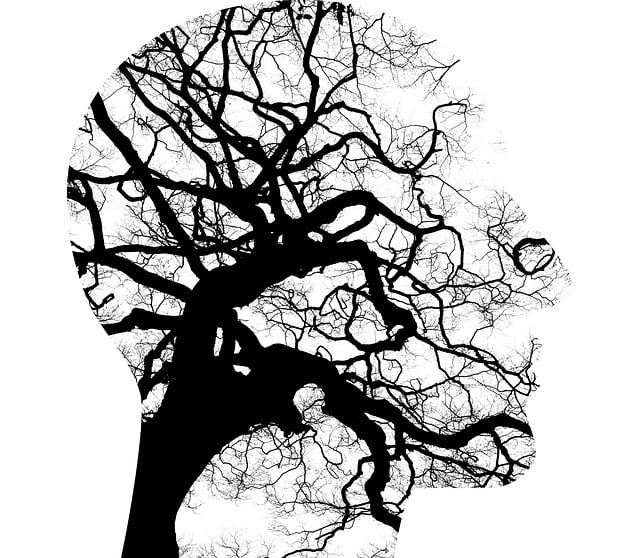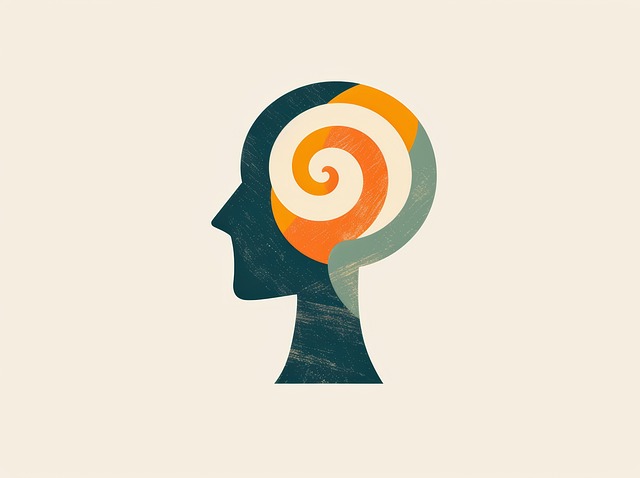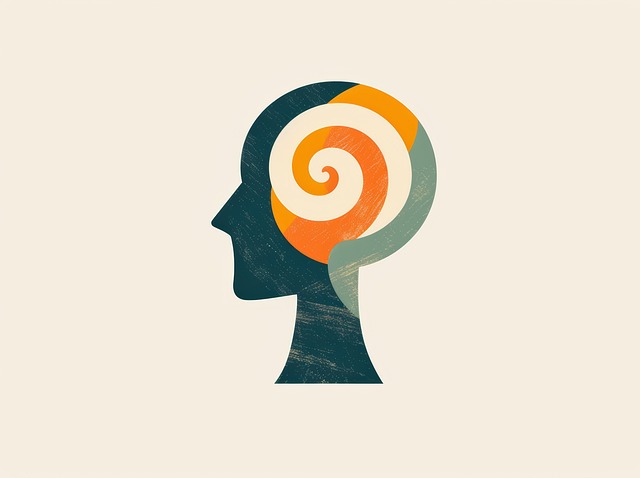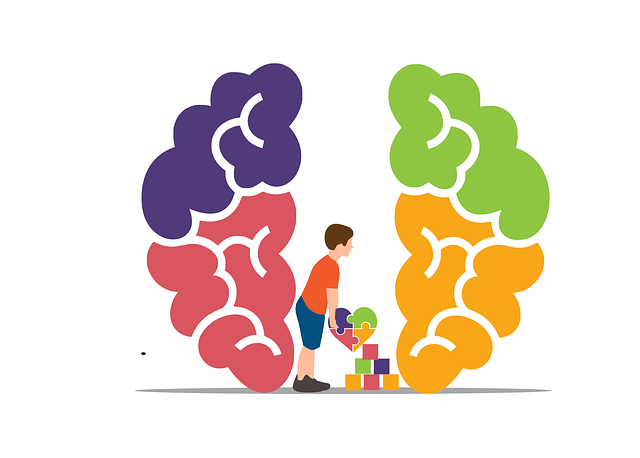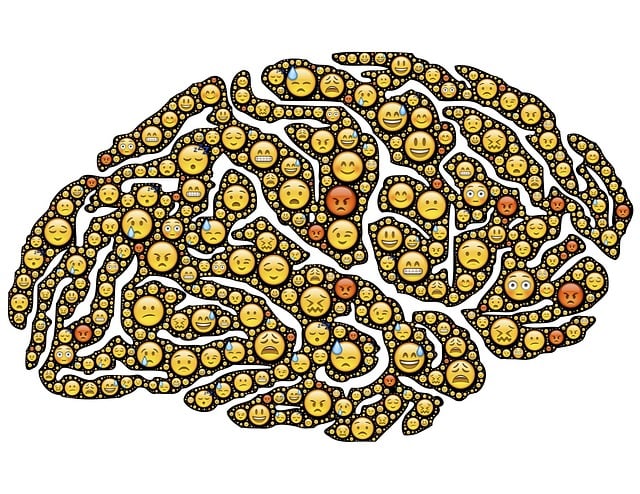Wheat Ridge Chronic Illness Therapy focuses on empowering individuals to manage their conditions effectively through holistic coping skills development. By addressing lifestyle changes, emotional distress, and stressor management, they teach evidence-based techniques like mindfulness, problem-solving, and social support. Personalized strategies, including physical activities, creative expression, and mental wellness resources, help clients build resilience and improve quality of life. Their holistic approach combines professional support with stress management techniques, communication strategies, and advocacy for personalized care, ultimately transforming the chronic illness journey.
Coping skills development is a vital aspect of managing chronic illnesses, enabling individuals to navigate challenges and enhance their overall well-being. This comprehensive guide explores various strategies, from self-discovery to professional support, to foster resilience. We delve into the significance of coping skills in chronic illness management, offering practical tips tailored by Wheat Ridge Chronic Illness Therapy to integrate effective mechanisms into daily life. Discover how these strategies can transform your journey towards a more manageable and fulfilling life.
- Understanding Coping Skills and Their Significance in Chronic Illness Management
- Identifying Personal Coping Strategies: A Journey to Self-Discovery
- Building Resilience: Tools for Navigating Challenges Posed by Chronic Illness
- Integrating Effective Coping Mechanisms into Daily Life: Practical Tips from Wheat Ridge Chronic Illness Therapy
- The Role of Professional Support in Enhancing Coping Skills Development
Understanding Coping Skills and Their Significance in Chronic Illness Management

Coping skills are essential tools for individuals managing chronic illnesses, offering effective strategies to navigate challenges and maintain mental wellness. In the context of Wheat Ridge Chronic Illness Therapy, understanding these skills is pivotal. Chronic conditions often bring about significant lifestyle changes, emotional distress, and various stressors, making robust coping mechanisms indispensable.
Mental Wellness Coaching Programs Development and Stress Management Workshops Organization can play a pivotal role in teaching individuals adaptive coping behaviors tailored to their unique circumstances. These initiatives foster resilience, enhance emotional regulation, and promote a sense of control over one’s health, ultimately improving overall quality of life. By integrating evidence-based techniques, such as mindfulness, problem-solving, and social support, individuals can better manage symptoms, reduce anxiety, and improve their ability to cope with the physical and psychological demands of chronic illness.
Identifying Personal Coping Strategies: A Journey to Self-Discovery

Identifying Personal Coping Strategies is a transformative journey that forms a core aspect of Wheat Ridge Chronic Illness Therapy. It begins with introspection—a process of looking inward to understand one’s unique triggers, emotional responses, and strengths. This self-discovery involves recognizing both traditional and unconventional coping mechanisms. Some individuals find solace in physical activities like exercise or creative outlets such as art, music, or writing. Others might turn to social connections, seeking support from friends or joining community groups.
In the context of mental wellness, this journey can be enhanced by resources like the Mental Wellness Podcast Series Production, which offers a wealth of information and strategies for managing stress, anxiety, and emotional regulation. By employing these personal coping strategies, individuals equipped with tools to navigate challenges, foster resilience, and ultimately improve their overall well-being—a process that is both deeply individual and profoundly empowering.
Building Resilience: Tools for Navigating Challenges Posed by Chronic Illness

Building resilience is a vital skill when navigating the challenges posed by chronic illness. It’s about fostering mental and emotional strength to cope with the uncertainties and difficulties that often arise. Through Wheat Ridge Chronic Illness Therapy, individuals learn to adapt and thrive in the face of ongoing health issues. This involves developing effective coping mechanisms such as stress reduction methods, like mindfulness practices and cognitive reframing techniques. By integrating these strategies into daily life, patients can better manage symptoms, reduce anxiety, and enhance overall well-being.
Healthcare providers play a crucial role in teaching burnout prevention strategies, which are essential for both their own mental health and the quality of care they provide. Mind over matter principles empower individuals to take control of their thoughts and perceptions, fostering a sense of empowerment despite physical limitations. By combining these tools with professional support, individuals can build resilience, improve their quality of life, and find meaning in their journey with chronic illness.
Integrating Effective Coping Mechanisms into Daily Life: Practical Tips from Wheat Ridge Chronic Illness Therapy

At Wheat Ridge Chronic Illness Therapy, we believe that integrating effective coping mechanisms into daily life is a crucial aspect of holistic wellness. Our therapists emphasize the importance of practical strategies that can be easily incorporated into routine activities. One key tip is to stress management techniques such as mindfulness meditation and deep breathing exercises, which not only help in reducing anxiety but also enhance overall confidence boosting.
Additionally, Communication Strategies play a significant role in coping with chronic illness. Encouraging open dialogue between patients, caregivers, and healthcare providers can alleviate stress, foster understanding, and improve support systems. By combining these approaches, individuals can navigate their journey with greater resilience, making it a true game changer in their overall health and well-being.
The Role of Professional Support in Enhancing Coping Skills Development

Professional support plays a pivotal role in enhancing coping skills development, especially for individuals navigating chronic illness or mental health challenges. At Wheat Ridge Chronic Illness Therapy, therapists and counselors employ evidence-based practices to equip clients with effective strategies for managing stress, anxiety, and depression. Through tailored interventions, these professionals foster resilience and self-efficacy, empowering individuals to better cope with life’s complexities.
Integrating techniques such as Mindfulness Meditation and Cognitive Behavioral Therapy (CBT), therapists facilitate a deeper understanding of one’s thoughts and emotions. This introspective approach is further supported by Mental Health Policy Analysis and Advocacy, ensuring clients not only receive personalized care but also gain insights into broader systems that impact their mental well-being. Such comprehensive support ultimately contributes to improved quality of life and enhanced resilience in the face of adversity.
Coping skills development is a transformative journey, especially for those managing chronic illnesses. By understanding and adopting effective strategies, individuals can enhance their resilience and navigate life’s challenges with greater ease. The article has explored various aspects of this process, from self-discovery through personal coping strategies to the integration of practical tips from Wheat Ridge Chronic Illness Therapy. Professional support plays a pivotal role in refining these skills, providing guidance tailored to individual needs. Ultimately, embracing these techniques empowers individuals to lead fulfilling lives despite chronic health conditions.

